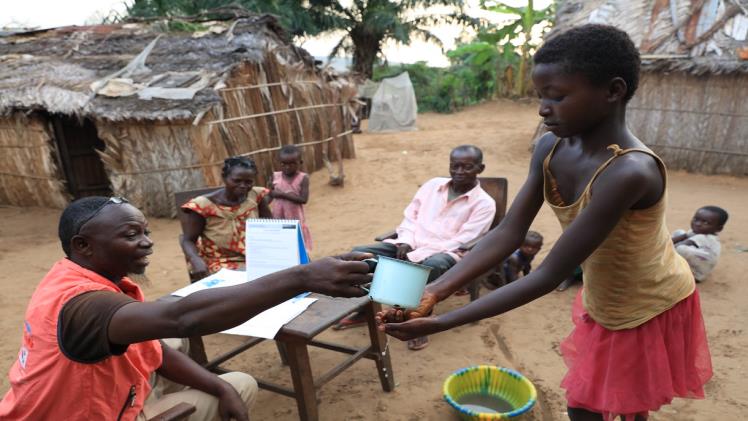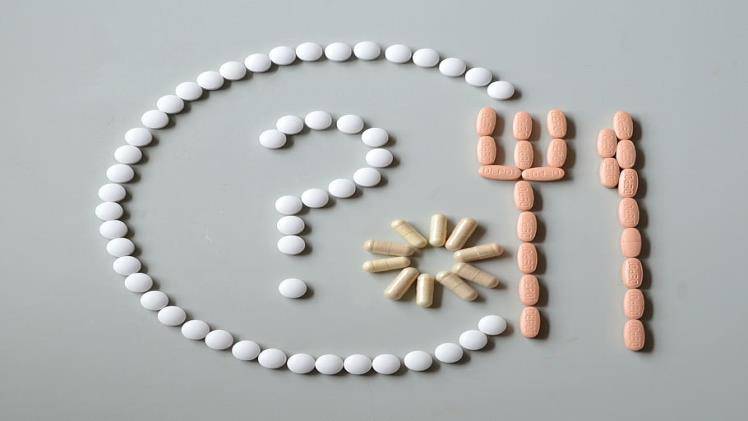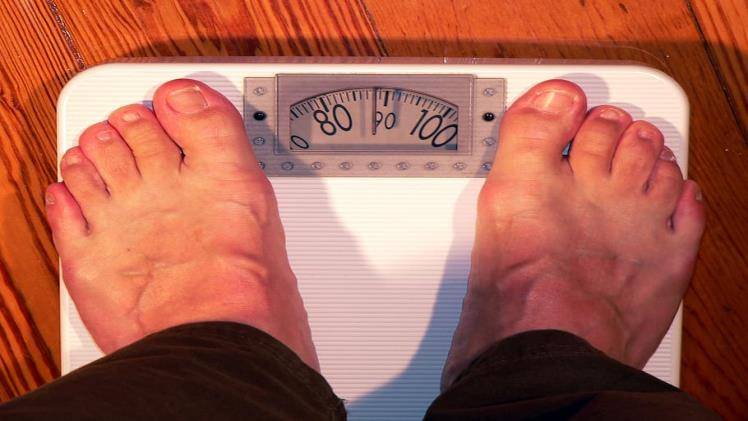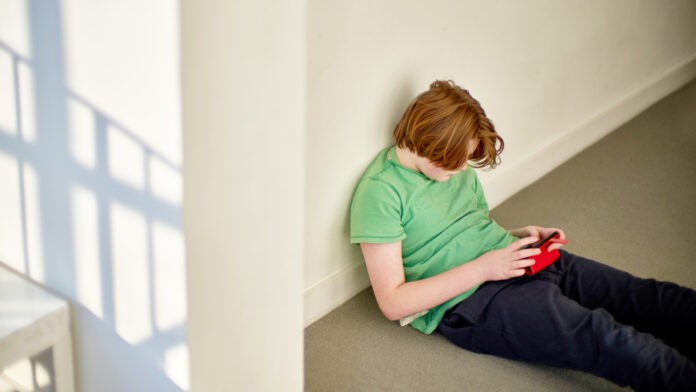Depression Rates in Teenagers a new study has found a concerning link between social media use and increased. Social media has become an integral part of modern life, with millions of people around the world using platforms like Instagram, Facebook, and Twitter to connect with friends. Family, share their thoughts and experiences, and consume news and entertainment. While social media can have many positive effects.
Increased Depression Rates in Teenagers The Study’s Findings

The study, which was conducted by researchers at the University of Pennsylvania, surveyed over 1,000 teenagers between the ages of 13 and 17. The researchers found that the more time teenagers spent on social media, the more likely they were to experience symptoms of depression.
Specifically, the study found that teenagers who spent more than three hours per day on social media were at an increased risk of depression compared to those who spent less time on social media. The researchers also found that social media use was associated with increased feelings of social isolation and a lack of sleep, both of which are known risk factors for depression.
Why Social Media Use Can Increase Depression Rates
The study’s findings highlight some of the negative effects that social media can have on teenagers. One reason why social media use may increase depression rates is that it can lead to feelings of social comparison and FOMO (fear of missing out).
When teenagers see pictures and posts from their peers on social media, it can lead them to feel like they are missing out on important events and experiences. This can lead to feelings of inadequacy and low self-esteem, which are risk factors for depression.
Another reason why social media use may increase depression rates is that it can disrupt sleep patterns. Teenagers who spend a lot of time on social media are more likely to stay up late scrolling through their feeds, which can lead to a lack of sleep. Lack of sleep is a known risk factor for depression.
What Can Be Done to Address the Issue?
The findings of the study suggest that there is a need for greater awareness around. The potential negative effects of social media on mental health, particularly among teenagers. Parents, educators, and healthcare professionals can play a role in educating young people about the risks of excessive social media use and encouraging healthy habits around technology.
Some practical steps that can be taken to address the issue include:
- Encouraging teenagers to limit their social media use to a certain amount of time per day.
- Encouraging teenagers to take breaks from social media. Engage in other activities, such as reading, exercising, or spending time with friends and family.
- Promoting healthy sleep habits, such as avoiding screens before bedtime and sticking to a consistent sleep schedule.
- Encouraging open and honest conversations with teenagers about their social media use and how it makes them feel.
Increased Depression Rates in Teenagers Conclusion
The findings of the study are a cause for concern. They also highlight the importance of taking a balanced approach to social media use. While social media can have many positive effects. It is important to be aware of the potential risks, particularly for teenagers who may be more vulnerable to the negative effects of excessive social media use. By promoting healthy habits around technology and encouraging open communication. We can help to mitigate some of the potential negative effects of social media on mental health.




















